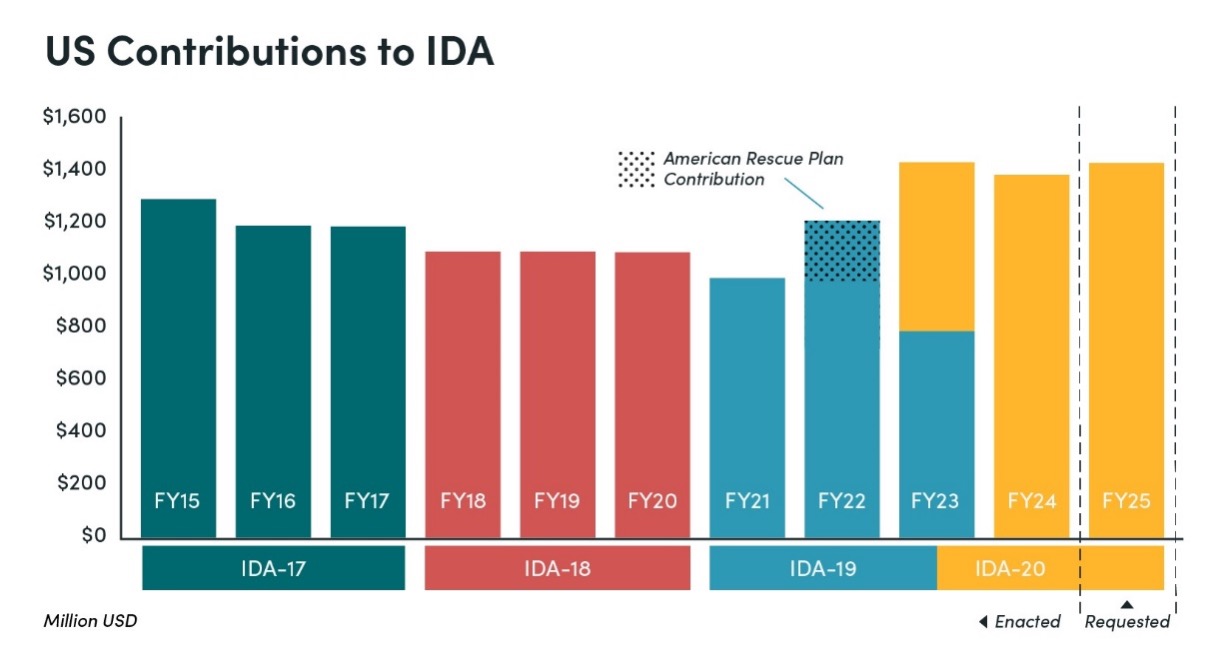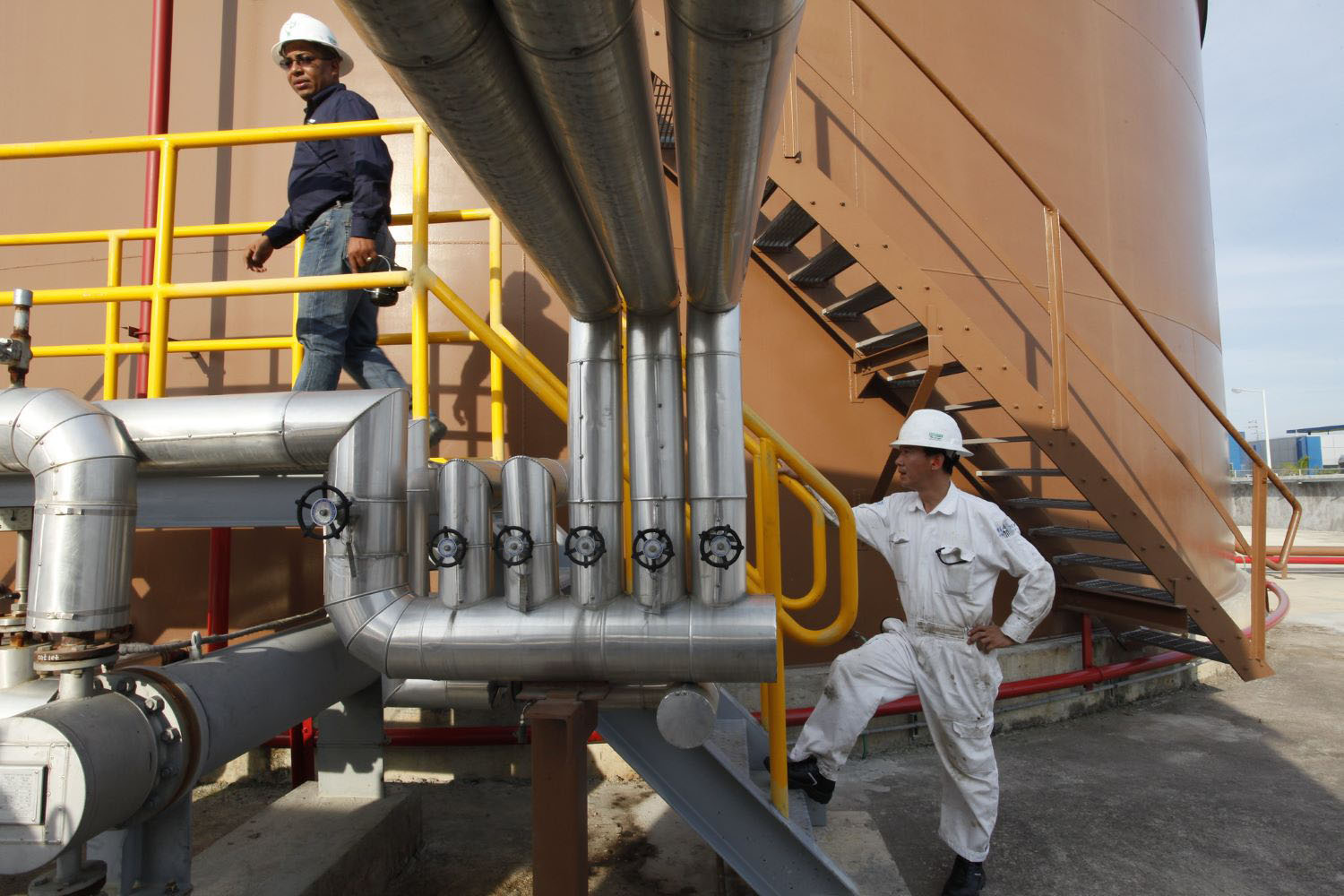Obsessed with the “China Threat,” Washington is much enamored of the idea of the Thucydides Trap—a concept popularized by Graham Allison of Harvard that incumbent great powers always go to war with rising powers. There is much debate about Allison’s reading of Thucydides—who chronicled the war between Sparta (old hegemon) and Athens (new upstart). And the relevance of outcomes from a two and a half millennia old conflict between Greek city states to Twenty First Century international relations can surely be questioned. Furthermore, China is far from competing militarily with America: it has one military base further away than a neighboring country, no network of alliances, and a military budget about 40 percent that of the US Department of Defense. But if actual warfare between the United States and China is unlikely, in international finance, a Thucydidean tragedy has already begun, in which America will lose even more than China.
Henry Farrell and Abraham Newman raise the specter of the Greek historian in a recent article in Foreign Affairs. In their reading of Thucydides, it is the US that stands in for Athens: “Athenian leaders… knew that they were alienating former allies and turning neutral states into enemies, but they saw unpopularity as the price of power. Arrogance would have its price…” Farrell and Newman focus on the role of the Federal Reserve and the US dollar clearing system. They argue that if the US increasingly uses that system “as a straightforward tool of coercion,” the long-term consequence will be that countries turn away from it and US influence wilts away.
We already have a similar dynamic in global financial institutions. Increasingly, Washington views those organizations as weapons in the global struggle for the neoliberal economic model against China’s state-led approach to development. And often, the international financial institutions are the battlefield itself, in a conflict over voting shares. Take the International Monetary Fund, which planned to raise funding quotas in order to ensure it had sufficient resources to handle future financial crises: late last year the United States blocked the plan rather than see China’s voting power rise closer to its share of the global economy. The problem: the IMF’s ability to respond to crises depends on its lending capacity. The last reform effort increased quota resources to about 0.75 percent of global GDP in 2016, but that is declining to below 0.5 percent. Similarly, measured as a percentage of global external liabilities—how much debt and equity countries owe to creditors overseas worldwide—the IMF’s quota resources dropped from about 1.5 percent in 1992 to less than 0.5 percent in 2017.
The story is similar at the multilateral development banks (MDBs). CGD’s Scott Morris notes that the United States has been willing neither to contribute generous MDB capital increases nor to allow other countries to contribute. That means, for example, despite its growing economic power, China only has a 6.5 percent voting share at the Asian Development Bank. Even after recent reforms, China’s voting power at the World Bank remains underwhelming: 5.7 percent, compared to a 18.7 percent share of world GDP at purchasing power parity. By contrast, the US has a 15.9 percent voting share, larger than its 15.1 percent share of the global economy. The US decision to keep development banks small—only backing underpowered capital expansion in the World Bank and the African Development Bank, for example—rather than lose control has made the MDBs increasingly insignificant as a source of finance for development. In 2000, outstanding loans from the World Bank Group to governments were worth more than 3 percent of the total GDP of developing countries; today that is closer to 1 percent. No wonder China’s infrastructure finance under the Belt and Road initiative looks so attractive.
The rest of the world, including China, is working to find ways around US intransigence and shore up international economic cooperation for mutual benefit. To reduce the risks created by US opposition to an IMF quota increase, other IMF members agreed to extend “New Arrangements to Borrow” that have seen countries, including the United States and China, provide additional resources to the institution without changes in voting share. That improved the ratio of resources to global economic indicators to around 1.5 percent of global GDP and nearer 1 percent of global liabilities.
Frozen out of a greater voting share in the existing development banks, Beijing has still funded multi-billion-dollar trust funds to support their work. And it launched the new Asian Infrastructure Investment Bank (AIIB), with authorized capital of $100 billion. The AIIB is cooperating, rather than competing, with the Asian Development Bank and the World Bank, but China gets to be the largest AIIB shareholder, controlling nearly 29 percent of the votes. The Obama administration lobbied hard to discourage other countries from joining the AIIB, but the effort failed. The 57 founding members included France, Germany, the UK, Brazil, Australia, New Zealand, and India.
Still, mitigating the effects of American stonewalling is no substitute for having the US as a committed partner in the reform and strengthening of existing global institutions. And these workarounds often rely on the continued generosity of China and other countries to finance development banks even absent reform. At the same time, America is increasingly integrated into the global economy, so it is more reliant on the institutions that support that economy than ever. Better some control of effective global organizations than more control of useless ones, not least to further bind China into a system based on mutual gain.
The growing list of steps towards US isolationism includes a lot more than development finance, of course: the country has paralyzed the functioning of the WTO’s Appellate Body—the supreme court for international trade—by refusing new appointments. It has abandoned the Paris climate accords, the only multinational agreement that ties the world’s two largest polluters together in commitments to reduce the risk of climate change. It has refused to sign the UN Convention on the Law of the Sea.
America is embracing power politics at a time when it needs global cooperation more than ever. As Athens was to learn, such arrogance can carry a high price.
Disclaimer
CGD blog posts reflect the views of the authors, drawing on prior research and experience in their areas of expertise. CGD is a nonpartisan, independent organization and does not take institutional positions.





